The Genealogy of Christmas
About this Episode
Episode Summary
When we think of Christmas we don’t often focus on the genealogy of Jesus. As we celebrate the incredible birth story of our Savior, what if we also took a look at the people of faith who came before? During this conversation on God Hears Her, join Elisa Morgan and Eryn Eddy Adkins as they talk with Kathlenn Macinnic Kichline about four incredible women of faith in the genealogy of Jesus. Kathleen takes you through a journey that will leave you even more excited about the birth of Jesus. Get out your Bibles and some hot cocoa for this conversation on God Hears Her.
Episode Transcript
God Hears Her Podcast
Episode 143 – The Genealogy of Christmas
Elisa Morgan & Eryn Eddy Adkins with Kathleen MacInnis Kichline
Kathleen: The reason that I think that Matthew’s gospel is so important is because this is the shadow side. We are so immersed in the Lukan version of Christmas. And we’ve romanticized it…the Christmas card version. So it’s a…it’s kind of a Norman Rockwell Hallmark thing. And the problem with that is that that invites those around the [major] for whom their life is really a Norman Rockwell and Hallmark like. And that isn’t so for many, many people.
Voice: You’re listening to God Hears Her, a podcast for women where we explore the stunning truth that God hears you, He sees you, and He loves you because you are His. Find out how these realities free you today on God Hears Her.
Eryn: Welcome to God Hears Her. I’m Eryn Eddy Adkins.
Elisa: And I’m Elisa Morgan. Christmas is coming up so soon. While we prepare to celebrate the birth of Jesus, we want to look at what Scripture tells us a little differently.
Eryn: Today, we are talking with Kathleen MacInnes Kichline, the author of Why These Women? about four unlikely women in the genealogy of Jesus. We’re going to dive into learning about Tamar, Rahab, Ruth, and Bathsheba.
Elisa: And let’s start out by talking about how we can prepare our hearts for the Christmas season during this conversation on God Hears Her. We are close to the Christmas season. You know, we are entering it. How do you prepare your heart for Christmas? I mean besides the list, you know, besides the tree, besides the…the shopping. You know, how do you prepare your heart?
Eryn: I prepare what you just said, which is besides all those things. I put aside those things. It’s important for me, because I get stuck in the details or comparing what other households are doing, traditions are doing, what traditions we aren’t. Maybe we should be doing something different. And I just focus, and I pray. And I ask Jesus, what do You want to teach me about who You are?
Elisa: Oh gosh. We could talk about that for like an hour and a half here.
Eryn: All right, I know.
Elisa: So that is so rich. And…and I love that it’s almost like you present yourself as a present to God during this season and ask Him to open it, to show you who are and who He is. Well, we want to prepare ourselves as we embrace the season of the Nativity. And we actually have a really kind of cool special guest who’s gonna help us think about just that. And Kathleen, welcome. And we’re just excited to have you bring us into the Nativity season.
Eryn: Yes.
Kathleen: Thank you. I’m excited to be here. It’s a different way to come into it. It’s a little bit through the back door, so to speak. It seemed as though what Jesus was telling me was go back to the beginning. And so I did. I mean, you open up the Bible, and you…and you thumb through. And you come to that page that says New Testament. And then you turn the page, and it’s the gospel of Matthew. And you start, and it’s this…this long series of “begats” this genealogy of Matthew. You know, it’s definitely got [skin] written all over it.
Elisa: Yeah, yeah.
Kathleen: But I knew that in there, was names of four women which is quite startling. I mean I knew they were there. I’ve worked in that field before. But this year, that was my invitation was to go deeper and say, what does this have to tell you?
Elisa: That’s a beautiful illustration, if you will, of what Eryn just shared about approaching Christmas, the Nativity, opening and…and saying, God, where do You want to show Me about yourself? And He told you, Kathleen, Go back to the beginning. And you go to Matthew, and He begins to show you.
Eryn: Show you, yeah.
Elisa: So let’s follow God’s lead in your life that Christmas. As we do that, can you give us a glimpse into who Kathleen has grown to be? You know, who were you originally, you know, after several decades? Who are you now?
Kathleen: Oh, my gosh.
Elisa: You know, why is Kathleen uniquely a person that God would woo to look at the genealogy of Jesus and go [pow] notice the women.
Kathleen: Notice the women. I love that and stories. I’m all about stories and women and God. I am the oldest of seven sisters…
Eryn: Oh wow.
Kathleen: …and one brother. So…
Elisa: My goodness.
Kathleen: …yeah. So…
Eryn: That is a lot of estrogen.
[laughter]
Kathleen: …yeah, yeah, it definitely was. And I was blessed to grow up in a home that loved God. So God stories have been a part of me from forever…fell asleep imagining. Terry would say to me, “Kathleen, talk me to sleep.” And I would think things like, Well, do you think Jesus ever caught colds when He was our age? You know, so there was always this wondering in my mind. This is, you know, authentically who I am. So it’s not surprising I ended up getting into Scripture and ministry and all that sort of thing. I’m semi-retired from doing everything online now. And I love the Scriptures. And so the stories of women in Scripture, yes, pay attention. It’s so revealing. And I was gifted with some questions as well. I think questions are…ultimately are answers. They just lead to more questions. And…and they helped me to unpack what was there, specifically looking at these stories of women.
Elisa: I love that posture. I mean you’ve been a teacher, and you’ve been in ministry for a lot of years a professor. And so God has really used that, I would imagine, in a very winsome way to give you a comfortable way to connect with people. And I can also sense that God connected you to His Word and to these four women in the genealogy in a winsome way as well. And, you know, now that we know just a little bit about you; and we have much more we could know, but just a little bit about you; can you take us into what you discovered in these Christmas visits into Matthew about these four women?
Kathleen: Well, part of it was taking seriously the fact that they were there. This wasn’t an accident. It wasn’t an accident for me; and it wasn’t an accident then. I already knew enough about these women, cause I’d done Bible studies about them, to know that they have really juicy stories. It was…
Eryn: Tell us more.
Kathleen: Oh, yeah, yeah.
Elisa: They are juicy stories. You know, most of us, when we read these stories, we’re stunned to see them in Scripture.
Kathleen: This is not bedtime reading for kiddos. It’s not at all. But theologians will tell you that the reason Matthew put them in there is because they’re all Gentiles. And this is, you know, the gospel is intended for all peoples. But I think there’s a bit more.
Elisa: I would love to know why you think he included them, besides the fact that they were not Jewish.
Kathleen: Let me start with the most obvious one, which is I think not ever mentioned. I…I’ve heard it referred to one time. But what Matthew is going to do, after he does all of these begats, is he’s going to introduce a stunning line wherein, and this is how the birth of Jesus came about. I mean Mary is betrothed to Joseph. But before they had relations, Mary becomes pregnant by the Holy Spirit. Wow, okay. So Matthew was writing to very Jewish readers who know their stories. They know these women on some level, let’s assume. And what he is setting people up for is that God has acted before in extraordinary ways, even in the sexual realm, to all be about serving God’s purpose. So I think he’s, again, setting them up for this line that could be very difficult I think for Jewish people in his own time and space. We knew that…know that the Gentiles around them had gods and goddesses who consorted with human beings and had off…demi-gods and things like that, which is all horr…horrendous and idolatrous in the mind and the ears of the Jewish people. So this helps set that up. And you rarely hear that said.
Elisa: I think that is fascinating the way you just expressed that. I mean, when we read these stories, we think, why does God put these in Scripture? What do these stories reveal of His character? And then, Kathleen, you point out that the genealogy, these four women mentioned, each endured a sexual activity of some kind or had a sexual meaning in their relationships of some kind. And there is a contrast between what they went through and how God brings about the conception of His Son. Can you talk about each one of them just a little bit and what the richness is of each one of them?
Kathleen: Tamar’s pretty remarkable. Like you say, it is the freakiest story. I would try to explain it, and we don’t have time. Well, there’re several Tamars in the Bible. But this is in Genesis 38…
Eryn: Okay.
Kathleen: …so we’re going all the way back. We’re going back 4,000 years. And we’re enc…we’re encountering some of the…but it’s a period where it’s really all about the patriarchal line. And Abraham has been promised offspring. And keeping alive the covenant means that these offspring from generation to generation will be provided. And Tamar’s the one in this generation who makes that happen for one of Jacob’s twelve sons, Judah. She is his daughter-in-law. And she is widowed twice to two of his sons. And he is obligated by the law to provide her with his third son. He won’t do it. Or provide himself so that she will have offspring so that the house of her dead husband will continue in the line of Abraham. He won’t do it either, and he’s kind of like tough noogies. I’m not gonna put anybody at risk. And he just hangs her out to dry.
Elisa: And it’s hard for us to relate to that. But when we see that it’s God’s provision through the culture of the time to provide for Tamar, maybe it makes a little bit more sense.
Kathleen: She gets very creative. Basically, she tricks Judah by pretending she’s a prostitute. She gets pregnant. Judah becomes enraged that his daughter-in-law was an adulteress, cause she’s still married to this, her dead spouse in Jewish eyes, and wants her burned. But she has saved some mementos from the encounter, the receipts. And Judah ends up saying, she was more righteous than I. And he comes to the moment of truth.
Elisa: Yeah.
Kathleen: And he’s a very different Judah in the story after that. The Judah who was, well maybe let’s not just…let’s not kill Joseph, we’ll just sell him, you know. And he has the same kind of treatment of his daughter-in-law. Afterwards, he returns to Jacob, and he becomes a faithful big brother when Benjamin is at risk. So that’s some of the things that happened because of her resourcefulness. And she’s going to be revered by Israel. They are going to remember her. They are going to put her in the company of Rebekah. She becomes like a matriarch. In Ruth’s story, she’s going to be remembered when she has a child, and they say “may you be like Tamar” you know. May you have children. May you bring blessing to this house. So Tamar becomes a heroine in the eyes of the story of Israel, and it’s just an odd way to get there unless you have the whole story.
Elisa: It is. And then we have a couple of others. What about Rahab?
Kathleen: Well, much like I think Tamar is resourceful and has hope, with Rahab, she has a quality of character of a discernment. So what happens is, the story of Exodus is Egypt and the time in the desert, is bookended by Tamar’s at one end; and Rahab is at the other. So they’re coming back to the Promised Land. She is the one who Joshua’s spies come to. She hides them from the king. She gives them good instructions. And she secures from them their promise that they will not destroy her when they destroy the city. But in a heartbeat, she makes a choice for the God of Abraham. There’s an interesting sign. She has heard of their God. We don’t totally know what that means. But she…
Eryn: And how.
Kathleen: …yeah.
Eryn: And how did she…
Kathleen: You know, I mean a brothel’s a busy place. That’s how she heard. I don’t know. But she, you know, she makes this choice in a heartbeat. And you know, I think in those moments, those hard, hard moments where everything’s on the line, the Barbarians at the gate so to speak here, she makes this decision. When you’ve got to make decision in a moment, and she did, she was able to do that. And she also is celebrated and remembered by Israel as kind of the midwife of Israel. She enacts, embodies what the women of Exodus had done—the midwives Shiphrah and Puah, Jochebed who hid Moses in the bullrushes. And…and Rahab hides them on her roof under the linen. So she’s honored for that reason. And we definitely deal with the fact that she is a prostitute.
Elisa: Right.
Kathleen: But it wasn’t…she actually has no sexual encounter in the story.
Elisa: Right.
Kathleen: But she brings sex into the story because of the fact that that is her profession.
Eryn: Right, those circumstances, I mean that time is really hard to even wrap our minds around when we look around in the days that we are living. How do you think a woman that’s listening now can relate to these specific women?
Kathleen: The gift she brings is the discernment to listen to God in a moment of peril—what is of God, who to trust and who not to trust and what to do and what not to do.
Eryn: Gosh, we’re all wanting to learn that, aren’t we?
Kathleen: Yeah, I think so.
Eryn: I don’t think we ever outgrow that desire.
Elisa: We’ve got Tamar who was incredibly creative. And God honored her creativity. And we have Rahab, who was very discerning. And God met her in her discernment. Take us into the story of Ruth then.
Kathleen: Oh, everybody loves Ruth. It’s such a wonderful story. And how odd, unusual to have a story about women. We can access stories in a different way because the women are not at center stage. And so you begin to see different things. But in this story, they are center stage. There’s a wonderful Hebrew word hesed for which there really is no English equivalent. The best we can call it is lovingkindness. And when Ruth decides to throw in her lot with Naomi and says “wherever you go, I will go, wherever you live I shall live, wherever you die, I will die; and your God will be my God too” I mean it is stunning. And there is really no better example in all of the Hebrew Scriptures of what the covenant actually looks like.
Elisa: Because Ruth has lost her husband. Naomi has lost her sons. In the patriarchal culture of needing men to provide for you, they are orphaned. And there’s been a famine in the land, all this stuff has happened. And so Naomi wants to go home and Ruth chooses to go with her rather than stay in Moab, which was her heritage. So that’s what those words mean.
Kathleen: Which was her heritage.
Elisa: Your people will be my people. Your God will be my God.
Kathleen: Right, and each one of those, she kind of escalates how fully into this she is. Had she stayed in Moab, she could have remarried. Moabites were particularly looked down upon. There’re scriptural prohibitions against accepting them into the community. But they are resourceful, the two of them together. Naomi has…she has knowledge. And Ruth has strength, you know. She does what needs to be done. And then there’s this encounter with Boaz who is the…the big man in town and a good man, a good man. Goodness prevails. You know, they have a son. And like I say, the…the women of the town celebrate the fact that she is like Tamar. So, and of course, she’s also…it’s interesting at this point in…in the genealogy, she’s a lot like what’s going to happen with Mary and Joseph too. Because guess where it is? It’s in Bethlehem.
Elisa: Yeah.
Kathleen: And we have these two good men, Joseph and Boaz, who step into this woman’s life and make a huge difference.
Elisa: That is so beautiful and rich. And there’s one more that…that you’re highlighting, and it’s Bathsheba. And it’s probably the one we…we know the story of the most. It’s most familiar. You know, she was the wife of David’s commander, Uriah. And David saw her and wanted her and messed up. You know, it’s…it’s one of the worst moments in David’s life. And we…we kind of don’t know what to think of Bathsheba. So but yet, she is in Jesus’ genealogy. So what do you want us to see there? What has God shown you?
Kathleen: Well, what’s interesting specifically to the genealogy is she’s called wife of Uriah. She’s not named. And this is…this is the fascinating thing about her. She is remembered vastly differently than these other three women.
Eryn: Yeah.
Kathleen: They are all celebrated. Bathsheba is not named.
Eryn: Yeah.
Kathleen: It is as if she is the one who is at fault here, and clearly she is not. I mean later in the story, the prophet Nathan will come and confront David with his sinfulness. And he is very, very clear here in the story that the one at fault is David. And that particular section ends with that “the Lord was not pleased.” What David did was wrong. He was not pleased with what David had done. So I mean this is a very important story to not mince words with what happened. When sex happens with no possibility of no, that is rape, okay. There’s that for starters. Then there is the coverup, the intrigue, and it’s murder. And…and he got away with it. And poor Bathsheba. Her world got upended in a matter of months, within nine months. The lynchpin for me in this story is not just building up all these things that happened, but there’s a line. And a lot has to do with which translation you look at. I particularly like the New International Version, that translation, where David, after the son that they had conceived dies as Nathan had foretold; David goes to Bathsheba. And it says, “he comforted his wife.” Bathsheba never had the opportunity to refuse him. Before he was her husband or as her husband. But anybody has a right to refuse to be comforted. After all that she had been through. And it goes back to Nathan’s story. In the telling and her hearing this, cause we have no reason to believe she knew what was going down until then. And then in the truly sincere sorrow of David, she sees something that allows her to forgive and to build a new life and not continue to be a victim despite all the things that have happened to her. And that is an incredible thing.
Elisa: Kathleen, your real main point is that we need to read the four stories of these four women who are included in the genealogy of Jesus before we read the story of Jesus. Because they open our eyes to God’s work to His faithful presence even in the indescribably difficult to understand settings of each of these women. And they thread together into His provision, into His rescue, into His salvation, you know. And so when we read just the story of Jesus, which is awesome in itself, you know, we get that. But the genealogy leads us by immersing us in the neediness of humankind. It leads us to our need for salvation, you know. Take us to why we should read the genealogy in…in Matthew. Why Matthew as we…
Kathleen: Wow.
Elisa: …prepare for the Christmas season.
Kathleen: The reason that I think that Matthew’s gospel is so important is because this is the shadow side. We are so immersed in the Lukan version of Christmas. And we’ve romanticized it…the Christmas card version. So it’s a…it’s a kind of a Norman Rockwell Hallmark thing. And the problem with that is that that invites those around the manger for whom their life is really a Norman Rockwell and Hallmark like. And that isn’t so for many, many people. What if the story were told instead? I’m going to read for a moment “of a father awakened by a nightmare to sit bolt upright in bed cold with fear. Only it was no nightmare. It was warning, and it was real; and he knew because the angel had warned him before and could be trusted that evil, dangerous men were coming in search of him and his wife and his child, intent on murdering them in their beds. And he only had time to awaken them, gather a few things, flee into the night guided by stars and perhaps more dreams. He leaned into the desert winds looking over his shoulder and sheltering his family.” So I mean it sets a whole different tone.
Elisa: It really does. And…and I love the way you’re differentiating. I mean Luke’s story is important. But what we’re looking at in the genealogy that Matthew describes is the underbelly of the Christmas story. You know, as Eryn and I were talking about opening the gift of Christmas this year, what words would you share with women who are listening right now in terms of how they can really utilize the genealogy story and these four women’s stories in their preparation for Christmas? What would they do?
Kathleen: I would hope for them that the takeaways are such that they recognize Jesus within the c…within the context of this whole long, you know…a genealogy says God prepared for this…was preparing for this.
Elisa: Okay
Kathleen: And Jesus’ story comes within a larger, precursor story. And Jesus is very Jewish. He’s formed by these. And we see this later in the Gospels. It shows up big time once we have this backstory in our head. And we have a Jesus who recognizes the people He encounters, their backstory, how they’re part of a connection to one another and to God’s plan. And He totally respects that. We encounter Jesus, and we too are known to…to Him. I’m…I just…I like the Jesus…I love the Jesus that I encounter, because I begin to see His brilliance, His genius at noticing and calling forth every individual. And a lot of that is informed by His knowing who He is and who He came from and how He was formed.
Elisa: I want to just as…as we close, Kathleen, just read the first part of the genealogy from Matthew. This is from Matthew chapter 1. “This is the genealogy of Jesus, the Messiah, the Son of David, the Son of Abraham.” Now we’re going backwards all the way to Abraham. And now we move forward. Verse 2, “Abraham was the father of Isaac, Isaac the father of Jacob, Jacob the father of Judah and his brothers.”
Eryn: “Judah, the father of Perez and Zerah whose mother was Tamar, Perez the father of Hezron, Hezron the father of Ram, Ram, the father of Amminadab, Amminadab the father of Nashon, Nashon the father of Salmon.”
Elisa: “Salmon the father of Boaz, whose mother was Rahab, Boaz the father of Obed, whose mother was Ruth, Obed the father of Jesse, and Jesse the father of King David.”
Eryn: “David was the father of Solomon, whose mother had been Uriah’s wife.”
[musical interlude]
Eryn: I love how Kathleen shows us how to look at the women in Jesus’ genealogy by digging into their stories.
Elisa: She has great insight about how these four women impact the birth of Jesus. Well, before we go, be sure to check out our website to find a link for Kathleen’s book Why These Women? and to read our newest God Hears Her blog post. You can find that and more on our website at godhearsher.org. That’s godhearsher.org.
Eryn: We also want to wish you a merry Christmas and happy New Year. Make sure to keep an eye out for the next episode of Season 10 coming out January 1st.
Elisa: Thanks for joining us. And don’t forget, God hears you. He sees you, and He loves you because you are His.
Eryn: Today’s episode was engineered by Anne Stevens and produced by Jade Gustman and Mary Jo Clark. We also want to thank Kat and Don for all their help and support. Thanks, everyone.
Elisa: God Hears Her is a production of Our Daily Bread Ministries.
Show Notes
-
“How do you prepare your heart for Christmas?” —Elisa Morgan
-
“Matthew’s account is the shadow account of the Christmas story.” —Kathleen MacInnis Kichline
-
“The genealogy of Jesus shows that God was preparing for this.” —Kathleen MacInnis Kichline
Links Mentioned
- Why These Women?: Four Stories You Need to Read Before You Read the Story of Jesus
- God Hears Her website
- God Hears Her email sign-up
- Subscribe on iTunes!
- Elisa’s Instagram: elisamorganauthor
- Eryn’s Instagram: eryneddy
Verses Mentioned:
About the Guest(s)
Kathleen MacInnis Kichline
Retired pastoral associate and former adjunct faculty at Seattle University, Kathleen MacInnis Kichline continues to offer retreats and online presentations and has recently authored her latest book, “Why These Women?: Four Stories You Need to Read Before You Read the Story of Jesus.”
Comments
More Episodes

Get Connected
Sign up to get early access to new book releases, podcasts, blog updates, and more!
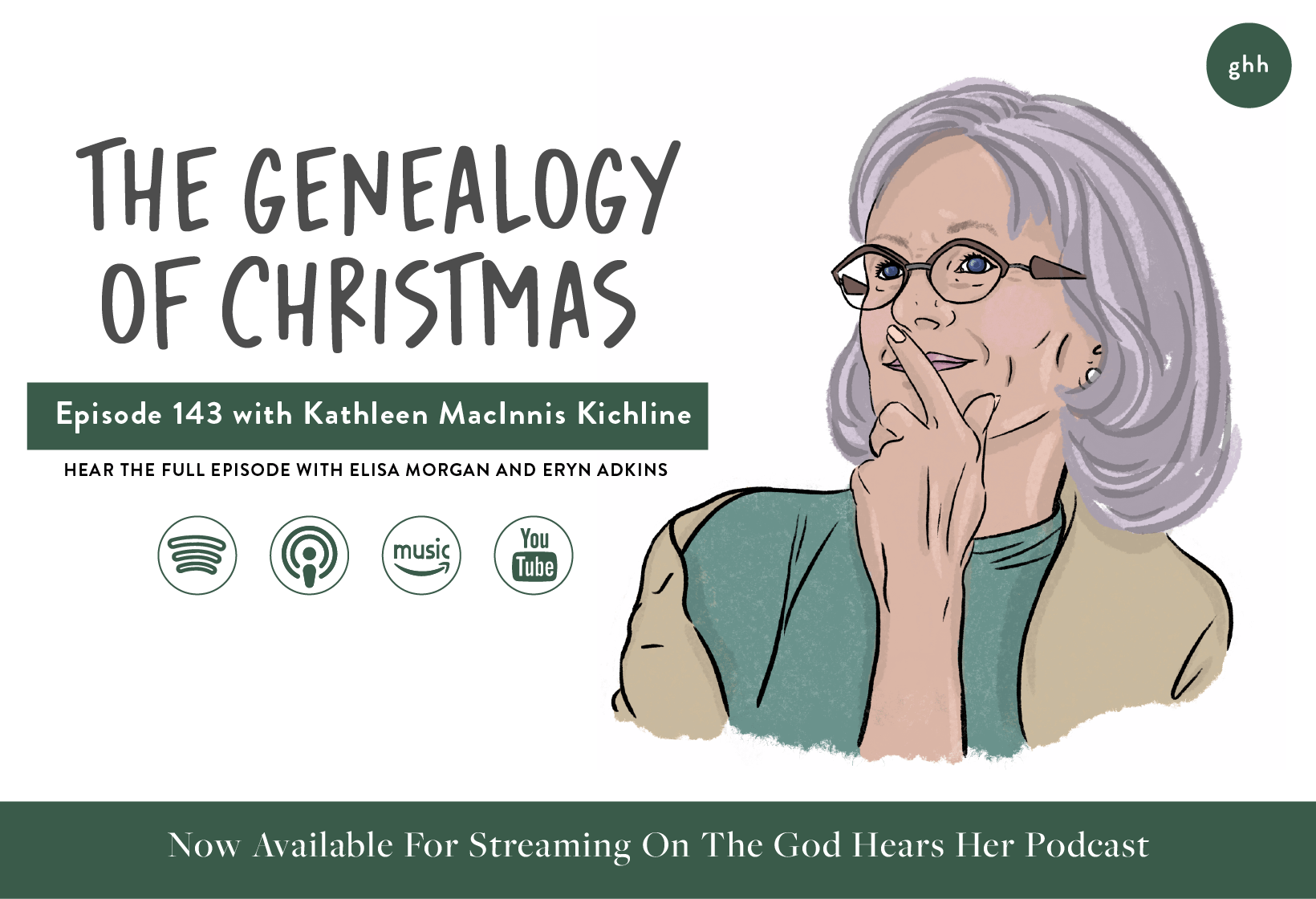
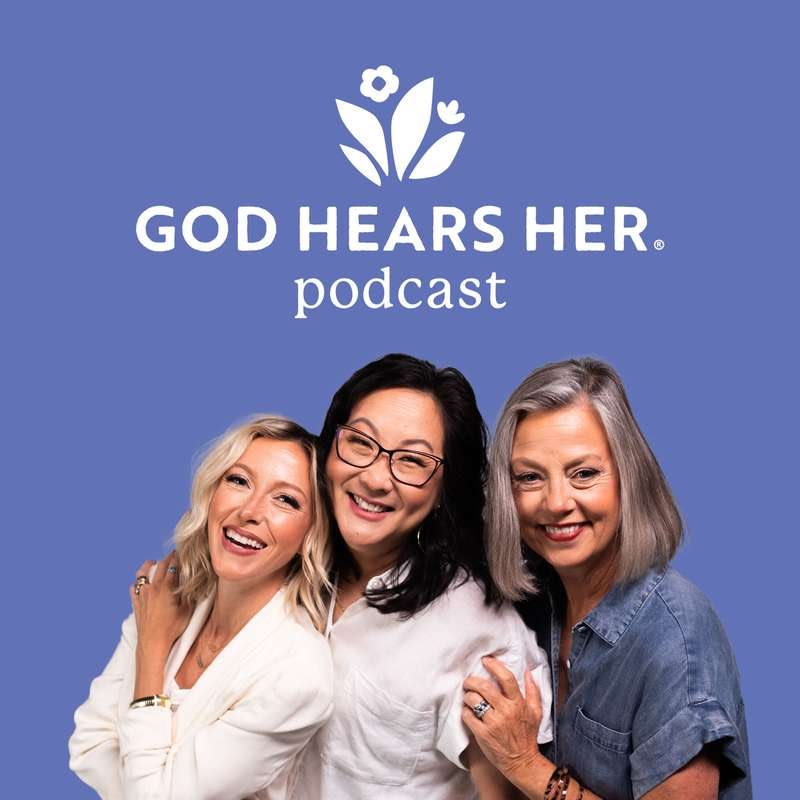
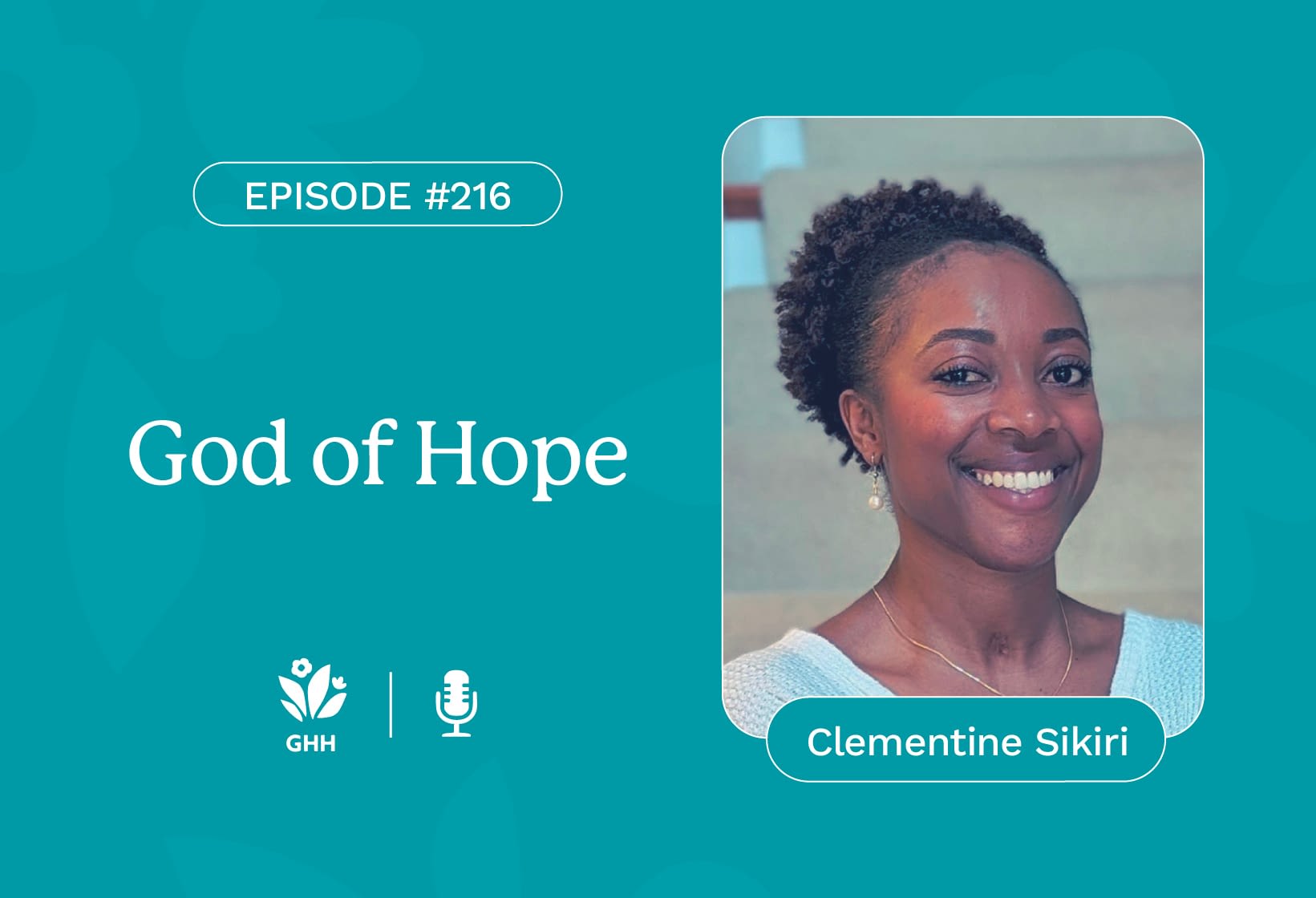
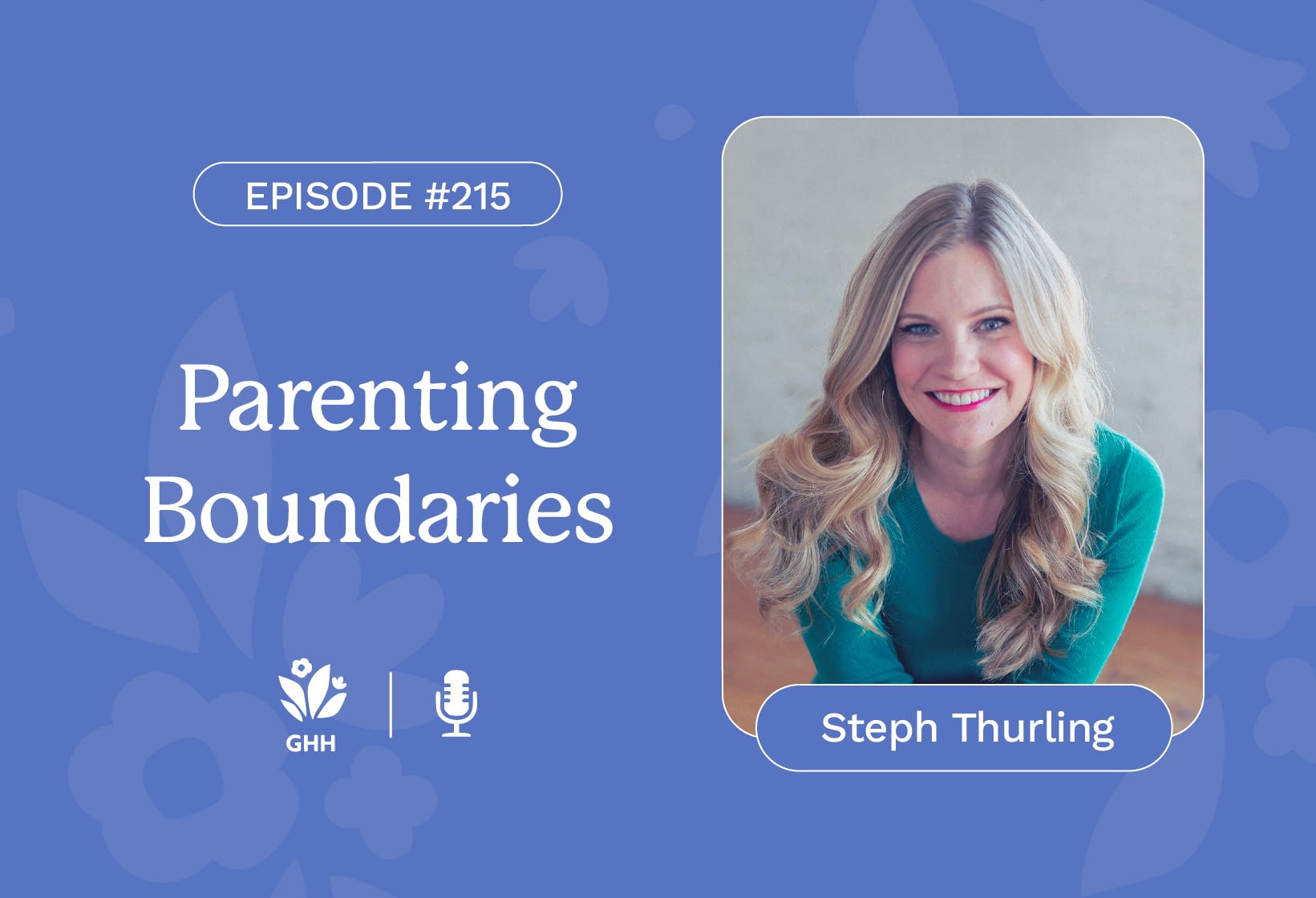
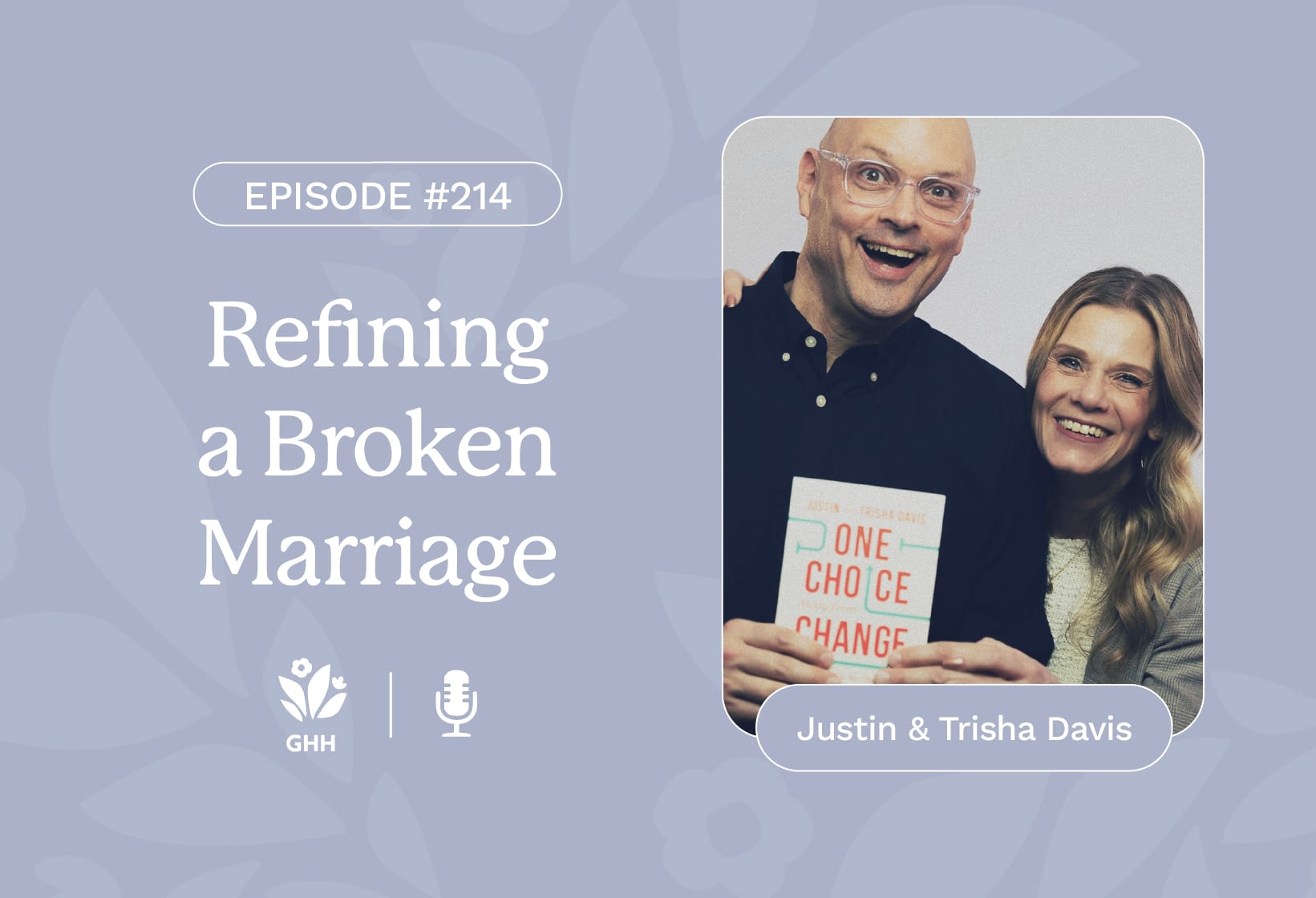
One Response
Thank you, Kathleen. Your conversation has prompted me to learn more about the women who played a pivotal role in the genealogy of Jesus Christ.